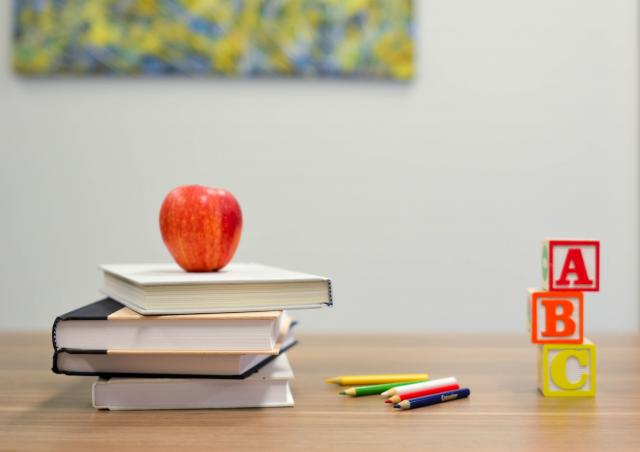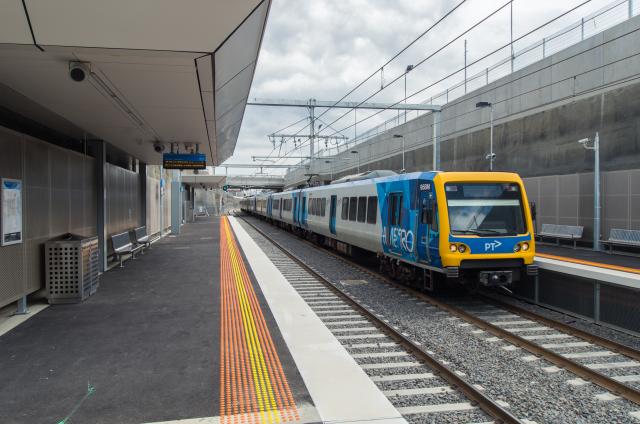The Bellarine Peninsula will have access to high quality recycled water, unlocking new agricultural and horticulture production opportunities including wineries, cellar doors, and farm gate tourism.
Minister for Water Lisa Neville announced funding towards Barwon Water’s $11.1 million Water Reclamation Plant.
This new infrastructure will deliver certainty for local farmers and businesses, with a guaranteed high-quality water supply irrespective of seasonal conditions.
The project will secure the future of key local industries and create dozens of local jobs, while preserving Bellarine Peninsula’s unique landscape and reduce reliance on drinking water for agriculture, the state government said.
The project involves installing an ultra-filtration and reverse osmosis plant to produce fit-for-purpose recycled water at a significantly lower salinity than the existing high salinity Class C water.
The upgrade will improve water quality allowing it to be used for a wider range of agricultural purposes.
“We have been working with Bellarine Peninsula farmers and Barwon Water over the past four years to understand the best way to support our businesses, this involved improving the quality of recycled water and making more of it available,” Minister for Water Lisa Neville said.
“The project will secure year-round access to water for local producers in times of lower than average rainfall, giving them confidence to grow their businesses in the region.”
The upgrade to the recycled water plant supports the draft Central and Gippsland Region Sustainable Water Strategy, which outlines ways to identify and develop a sustainable supply of water in Victoria’s regions.
Barwon Water plans to supply 450ML of low salinity, fit-for-purpose recycled water per year to new and existing agricultural and horticultural customers, nearly doubling the amount of recycled water used on the Bellarine.
The upgrade will save more drinking water for Barwon Water customers and allow the Portarlington Plant to reuse 100 per cent of its recycled water and presents opportunities for more farms and businesses to connect to the resource.
The state government is contributing $1.97 million with $5.53 million from the federal government and $3.56 million from Barwon Water.









